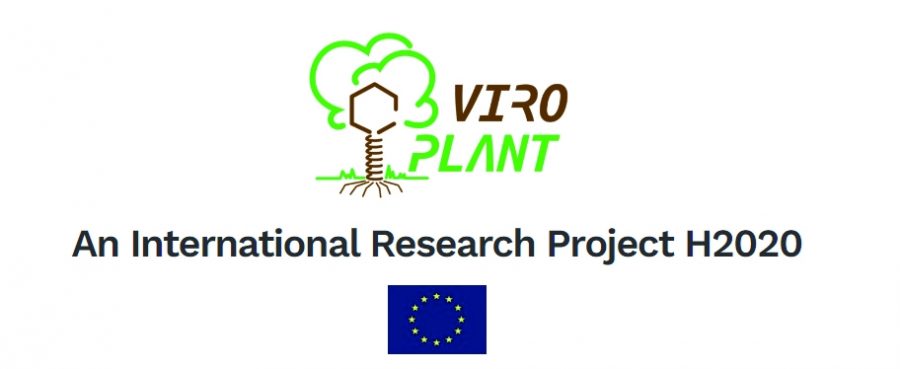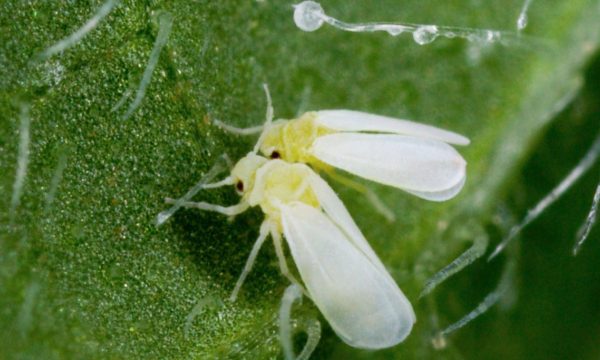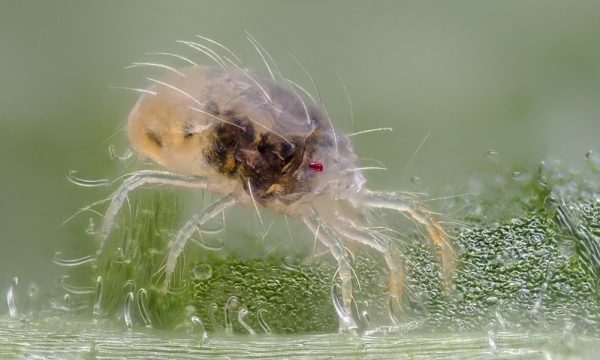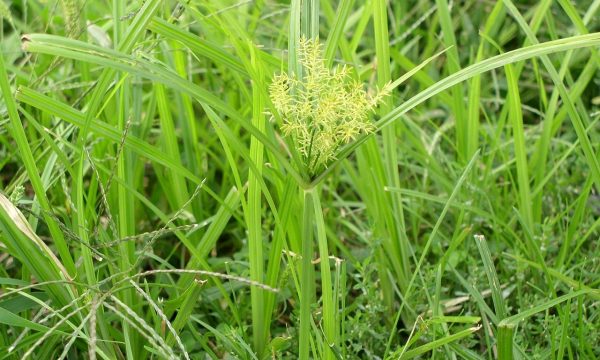Project news Virus-based crop protection
Biocontrol against diseases and pests using viruses? In project VIROPLANT, biocontrol viruses were found for diseases in grape, tomato and roses. In addition, the crop protection market, crop protection chain, major obstacles and driving factors of virus-based crop protection and end-user expectations were identified.

In the European project VIROPLANT, 17 partners from 7 European countries joined forces in the search for new viruses to protect agricultural crops from pests, bacterial and fungal diseases. ILVO researchers were specifically looking for new bacteriophages (viruses that specifically infect bacteria) to combat the bacteria Rhizobium radiobacter. This disrupts the metabolism in the roots of tomato and cucumber plants. For this purpose, bacteriophages were isolated from the harmful bacteria and then fully characterized. Phage isolates that showed biocontrol potential in these analyses were further examined during in planta bioassays.
At the same time, the economic feasibility and social acceptance of virus-based crop protection were investigated. The knowledge from the technical part was integrated in a market analysis and a study of the possible profit models. The research was based on the concept of co-creation involving stakeholders from the entire crop protection chain.
Numerous potential biocontrol viruses against diseases and pests were found for grape, tomato and roses. In addition, important insights were gained on the interaction between viruses, the harmful fungi, bacteria and pests and their microbiomes. Like the intestinal flora of humans, the microbiome of fungi and insects is responsible for necessary functions. The interaction of viruses with these necessary microorganisms reveals numerous new application opportunities.
The crop protection market, crop protection chain (interactions and influences between stakeholders), major obstacles and driving factors of virus-based crop protection (acceptance, risks, legislation, etc.) and end-user expectations (product characteristics, information, etc.) were mapped. Among other things, it turned out that informing consumers is necessary. And besides efficacy, growers also attach great importance to health risks and ease of use, and that pome fruit, among others, is an important market for new virus-based crop protection products. These results will make an important contribution to the further development of virus-based crop protection products and their subsequent market introduction.


